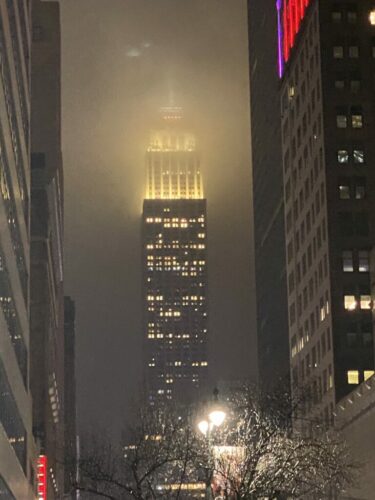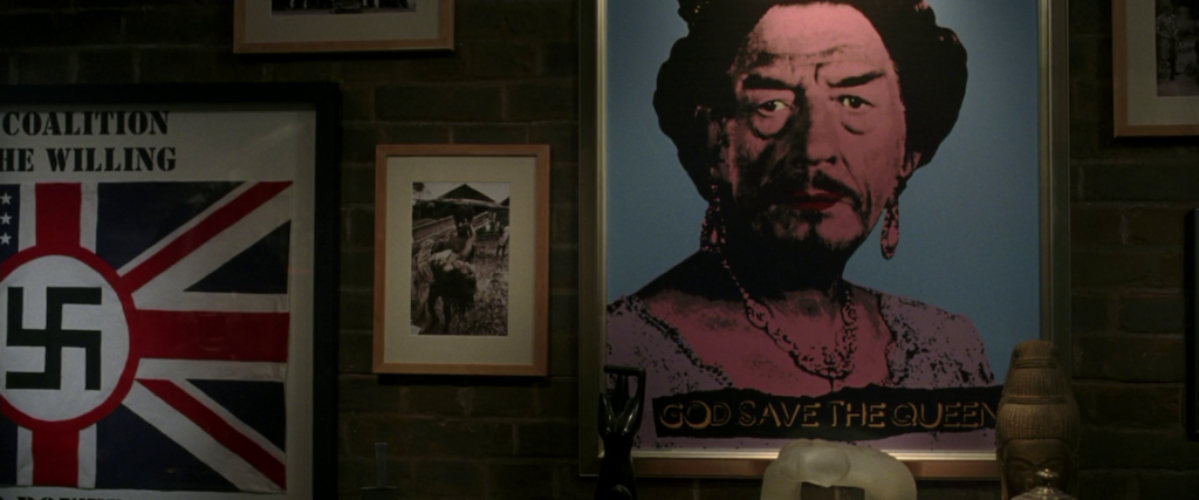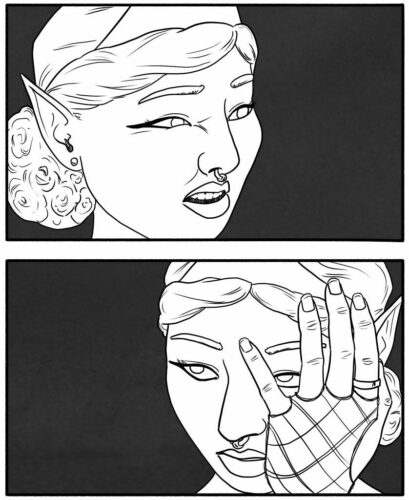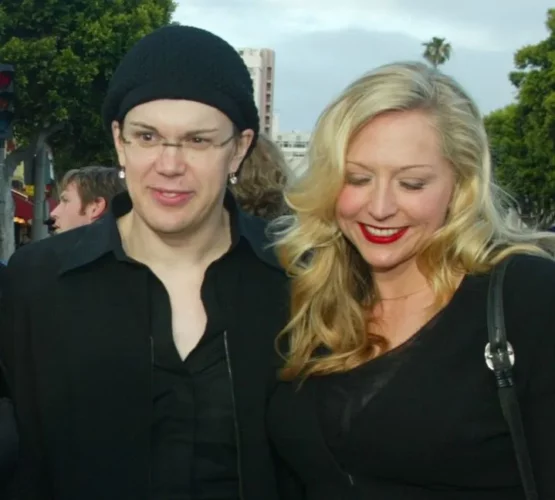Pain and Unconsciousness (Book Three, Part 61: Project Chanology)
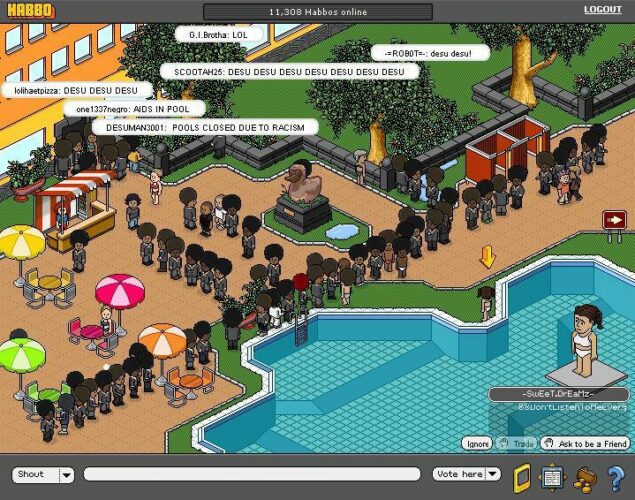
Previously in Last War in Albion: Even as his relationship with DC and Time Warner deteriorated, Alan Moore supported his friend Steve Moore getting work novelizing the V for Vendetta and Watchmen films, in part because Steve Moore was supporting his ailing brother. In spite of this, DC abruptly cancelled the Watchmen novelization following a phone call between Moore and Gibbons.
“Engrams are a mental image picture containing pain and unconsciousness.” – Neil Gaiman, 1968 BBC interview
In response to this, Moore was incandescent, reasoning that this was “what that odd turn-of-phrase ‘quietly compliant’ was all about–that they expected me to be quietly compliant because I would have been thinking like them, and thinking ‘Oh, if I don’t do what they say they’ll take that job away from Steve.’ That had never even occurred to me. I didn’t think that anyone could ever be that verminous. But, once I had thought that was probably what had happened, I immediately spoke to the people at DC. I told Karen Berger she could never call me again, and that I didn’t want anything to do with anybody at DC Comics. I was furiously angry and sickened at—at least what I’d perceived—had happened. I though that was completely unforgivable and subhuman.” He also took a moment aside at his wedding to Melinda Gebbie shortly after (which dates all of this to early 2007, a year or so after the release of V for Vendetta) to tell Dave Gibbons that he no longer wanted to discuss Watchmen with him at all.
Some time later, Gibbons—who Moore claims had not actually ever thanked him for the money as requested—called Moore to further discuss Watchmen. Specifically, Moore recounts, Gibbons relayed an offer from DC to return the rights to the book in exchange for Moore giving DC his blessing to do prequels and sequels. This, more than anything else in the story, is the bit that is difficult to quite make sense of. Did DC really see the rights to one of their most successful perennial sellers as worth giving up just for permission to do sequels and prequels—sequels and prequels they would eventually decide to do anyway? For that matter, what would the rights to Watchmen actually entail in this case? Clearly DC would retain a license to the characters, and it’s hard to believe they intended to let the original book go out of print, so what could they possibly have been offering Moore?
Whatever the answer, Moore was thoroughly uninterested, angrily retorting, “No, no–I don’t want that to happen. I don’t want these prequels and sequels to exist, and I certainly don’t want the rights to Watchmen back. DC has been abusing that book for a couple of decades. They presumably feel that it is no longer of much value to them, compared to the potential value of the sequels and prequels. So, they’re giving me back the spent carcass of a book that I was once very, very proud of.”…

